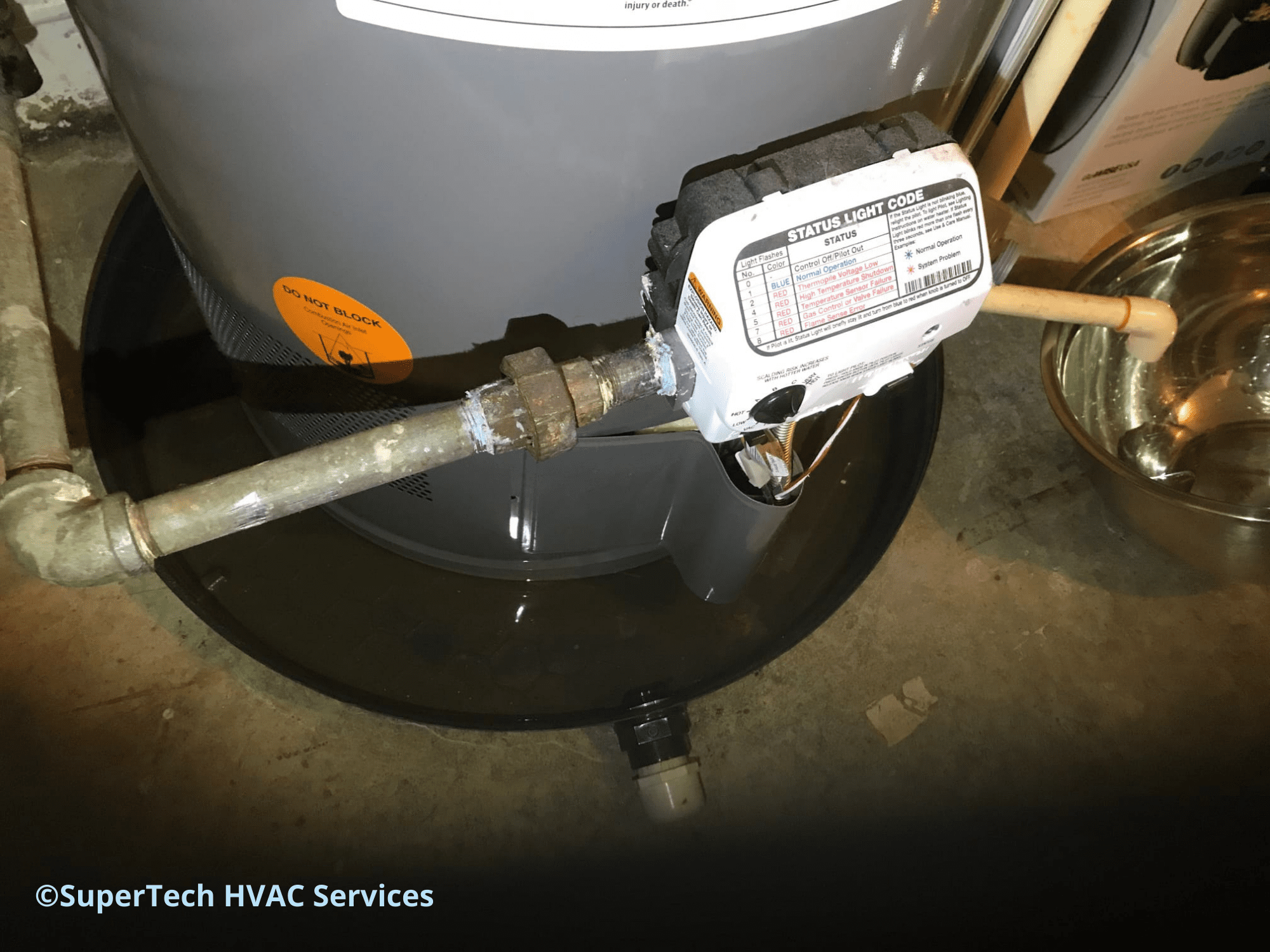Do you find yourself interested in related information around Water Heaters Problems?

Think of starting your day without your routine warm shower. That currently establishes a bad tone for the rest of your day.
Every home requires a reputable hot water heater, but just a few know just how to handle one. One simple way to maintain your water heater in leading shape is to look for faults consistently as well as repair them as soon as they show up.
Keep in mind to switch off your water heater before sniffing about for faults. These are the hot water heater faults you are probably to encounter.
Water as well warm or too cool
Every water heater has a thermostat that identifies exactly how warm the water gets. If the water entering your home is also hot regardless of setting a convenient maximum temperature, your thermostat may be defective.
On the other hand, as well cold water may be due to a failed thermostat, a broken circuit, or inappropriate gas circulation. For example, if you make use of a gas hot water heater with a damaged pilot light, you would obtain cold water, even if the thermostat is in best condition. For electric heating units, a blown fuse might be the offender.
Insufficient warm water
Water heaters can be found in lots of dimensions, relying on your warm water demands. If you lack warm water before every person has had a bath, your water heater is also little for your family size. You should take into consideration setting up a larger hot water heater storage tank or choosing a tankless water heater, which uses up less room and also is extra long lasting.
Odd noises
There go to least 5 type of noises you can hear from a water heater, however one of the most typical analysis is that it's time for the hot water heater to retire.
First of all, you should be familiar with the normal seems a water heater makes. An electrical heater may sound various from a gas-powered one.
Standing out or banging noises usually suggest there is a piece of sediment in your containers, and it's time to cleanse it out. On the other hand, whistling or hissing noises might simply be your shutoffs letting some pressure off.
Water leakages
Leakages can originate from pipes, water connections, shutoffs, or in the worst-case scenario, the container itself. Gradually, water will certainly corrode the tank, and locate its way out. If this takes place, you need to change your hot water heater as soon as possible.
Nevertheless, before your modification your entire container, be sure that all pipes are in place which each valve works flawlessly. If you still require assistance identifying a leak, call your plumber.
Rust-colored water
Rust-colored water indicates among your hot water heater parts is rusted. Maybe the anode rod, or the tank itself. Your plumber will be able to determine which it is.
Warm water
Regardless of exactly how high you set the thermostat, you won't obtain any hot water out of a heating unit well past its prime. A hot water heater's efficiency might minimize with time.
You will certainly also get lukewarm water if your pipelines have a cross link. This suggests that when you switch on a faucet, hot water from the heating unit flows in alongside normal, cold water. A cross link is simple to area. If your hot water taps still follow shutting the water heater shutoffs, you have a cross connection.
Discoloured Water
Corrosion is a significant root cause of dirty or discoloured water. Rust within the water tank or a stopping working anode rod can cause this discolouration. The anode pole safeguards the container from rusting on the inside and also ought to be examined yearly. Without a pole or a correctly operating anode pole, the hot water swiftly wears away inside the storage tank. Get in touch with an expert hot water heater service technician to establish if replacing the anode rod will certainly repair the problem; otherwise, change your hot water heater.
Verdict
Preferably, your water heater can last ten years prior to you need a modification. However, after the 10-year mark, you may experience any one of these faults more on a regular basis. Now, you should add a brand-new water heater to your spending plan.
How To Troubleshoot 3 Common Water Heater Problems in Twin Cities
The Water Heater Is Leaking
A leaky cold water inlet valve A loose pipe fitting A leaky temperature and pressure relief valve A corroded anode rod A cracked tank Turn Off Your Water Heater:
Shut off your gas water heater by turning the gas valve on the unit to the “OFF” position. Shut off your electric water by switching its power off at your electrical panel. Look for a two-pole breaker labeled “water heater” and turn it to the “OFF” position. Move the ball valve connected to the water heater to be perpendicular to the piping at a 90° angle. Look for the Leak:
Depending on whether the water is coming from the tank's top or bottom, you’ll want to look for the leak in different locations.
If the leak comes from the top of the tank, carefully look for water escaping from the cold water inlet valve or loose pipe fittings. Rusted hot and cold water valves can have loose connections with the tank, with water leaking out of them.
https://mspplumbingheatingair.com/blog/how-to-troubleshoot-3-common-water-heater-problems
Do you like reading up on Water Heater Repair and Troubleshooting? Place a review down below. We will be delighted to find out your responses about this blog. We hope to see you back again later on. Feel free to set aside a second to share this post if you enjoyed it. We treasure reading our article about Common Problems with Tank Water Heaters.
We're waiting, call!